Extraordinary People from Five Different Cultures
Explore the lives of five influential individuals from five different countries and cultures. Discover how their backgrounds shaped their paths and global impact.

Written by Ulrikk K. Reen for Rabagas Magazine
If you want a safe, comforting read about “celebrating diversity” where everyone holds hands and sings in harmony… you’ve opened the wrong magazine. This isn’t a Hallmark card — it’s a guided tour through five lives that prove culture is less about national costumes and folk songs, and more about the grit, absurdity, and occasional brilliance of being human.
From a Pakistani teenager who outwitted the Taliban with a blog, to a South African who sells flamethrowers between rocket launches, to a Nigerian author who dismantles stereotypes with sentences sharper than scalpels, to a Chinese giant who politely owned the NBA, to a Kiwi prime minister who made compassion look like a power move — these are stories worth stealing lessons from.
So, buckle up. We’re going from bulletproof school uniforms to Mars-bound Teslas, from goat theft tales to post-game politeness, from hijabs in Parliament to jet-fuelled ambitions. And if you find yourself disagreeing with something here — good. That’s culture too.
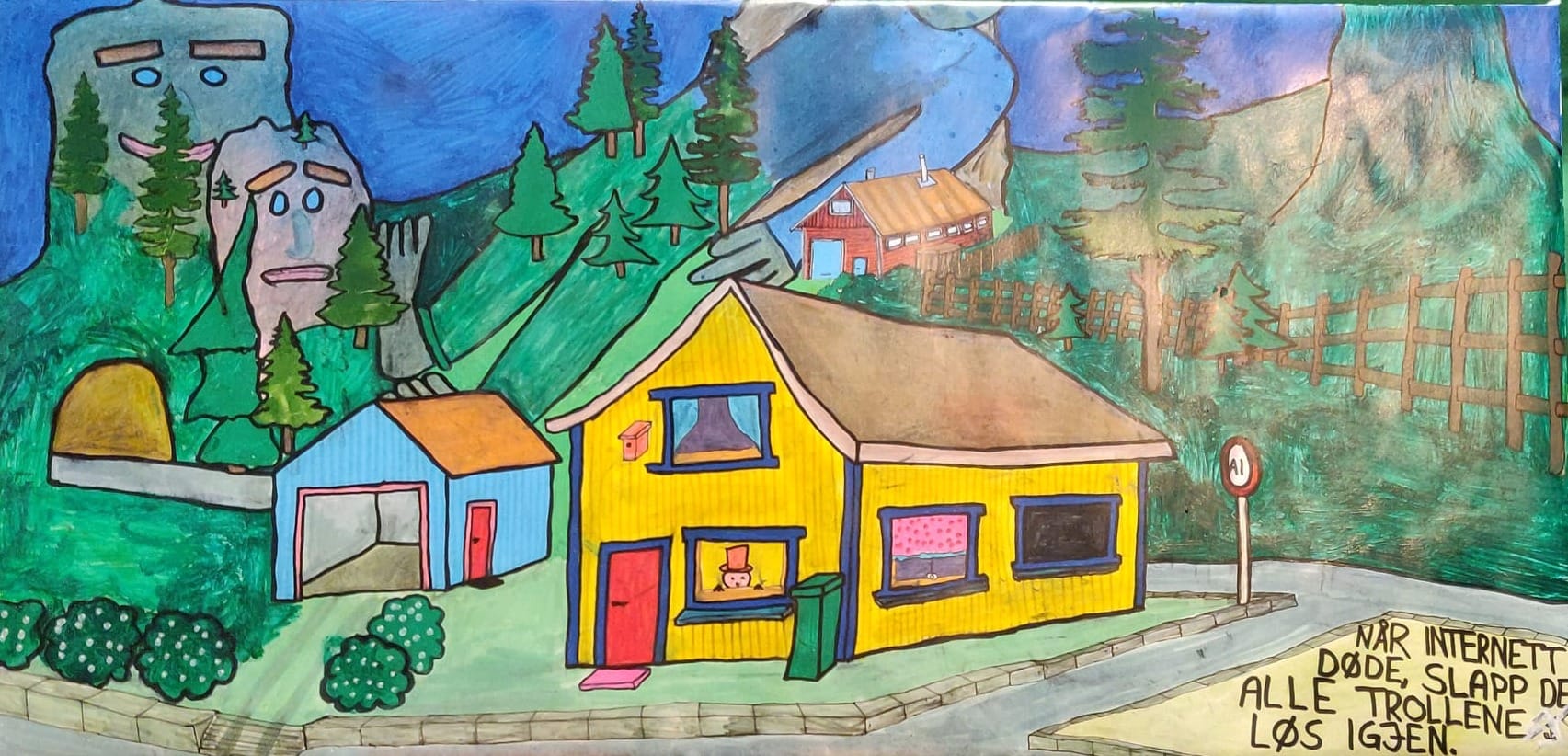
The Beauty of Global Diversity Through Individual Lives
Our world is a vibrant mosaic of cultures, each shaped by unique traditions, values, and histories. (A phrase which, incidentally, sounds very poetic until you remember that “mosaic” is basically a bunch of broken pieces glued together—sometimes intentionally, sometimes thanks to history’s less charming habits.) One of the best ways to understand this diversity is by exploring the lives of people who represent their homelands on the global stage.
This article highlights five individuals from five different countries and cultures, showcasing how personal journeys are shaped by the environments we grow up in—although, let’s be honest, some environments are less “nurturing womb” and more “trial by fire.”
From the verdant wetlands of New Zealand to the bustling tech hubs of Silicon Valley, the cultural environments we grow up in profoundly shape our worldviews, ambitions, and approaches to problem-solving. (It also determines whether your childhood games involved sheep paddocks or microchips.) These five extraordinary individuals represent distinct cultural traditions, yet each has transcended geographical boundaries to make global impacts—because borders may stop armies, but they’ve never stopped ambition.
These stories are more than just biographies—they’re windows into how culture, family, tradition, and innovation combine to shape remarkable lives. (Also, in some cases, how stubbornness and a healthy disregard for “the way things are done” can bulldoze through centuries-old social rules.)
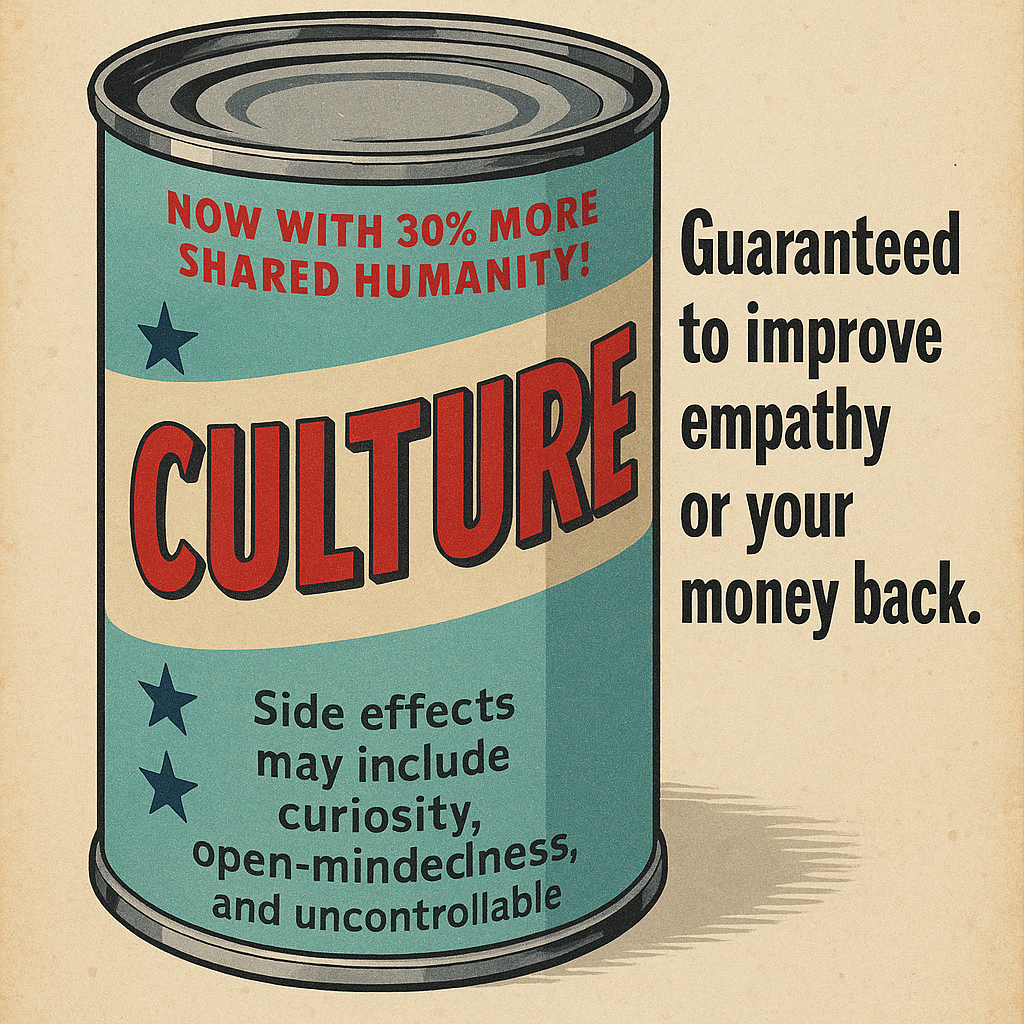
Why Cultural Backgrounds Shape Who We Become
Understanding Cultural Values and Social Norms
Culture extends far beyond food, dress, or festivals—it's fundamentally about shared values. (Though let’s admit, the food tends to get all the press. Nobody’s ever booked a holiday because they heard a country had “exceptionally nuanced tax ethics.”) Whether it's respect for elders, community bonds, or entrepreneurial spirit, these norms profoundly shape our behavior, communication styles, and worldview.
These cultural values directly influence our decision-making, ethics, and life priorities. In collectivist cultures, family and community needs take precedence, while individualistic societies celebrate personal achievement. (Which is why in one place you’re a hero for sacrificing everything for your siblings, and in another you’re told to stop enabling your brother’s failed startup.) Similarly, religious traditions often emphasize spiritual growth, whereas secular societies might focus on material progress or scientific advancement—though both, in their own ways, often result in a small group of people making decisions for everyone else.
How Environment Influences Personal Growth
Access to education, political stability, religious context, and geography collectively shape how people perceive their place in the world. A child growing up in a conflict zone develops different coping strategies and ambitions than one raised in a peaceful, resource-rich environment. (Hint: one of them probably knows exactly where the nearest bomb shelter is.)
Economic and social systems further influence personal development. Someone raised with strong social safety nets may approach risk differently than a person from a society emphasizing individual responsibility. (Translation: the former can “find themselves” in Bali at 22, the latter learns to juggle three jobs while applying to night school.) Access to healthcare, education, and clean water—basic rights some take for granted—can dramatically alter life trajectories.

Champion of Girls' Education (Pakistan)
Childhood Under the Taliban
Born in the Swat Valley of Pakistan, Malala experienced firsthand the harsh restrictions placed on girls' education by the Taliban. Despite threats and eventual violence, she continued to speak out for every girl's right to learn—proof that sometimes bravery looks like a school uniform and a well-worn backpack.
Her father, Ziauddin Yousafzai, an education activist who ran a school in their village, inspired her advocacy. At age 11, despite growing dangers, Malala began writing a blog for BBC Urdu under a pseudonym, documenting life under Taliban rule. This early activism foreshadowed her future role as an international advocate, and proved that some kids keep diaries, while others start revolutions.
Global Advocacy and the Nobel Peace Prize
After surviving an assassination attempt at age 15, Malala became a global icon. Her foundation promotes education worldwide, and in 2014, she became the youngest-ever Nobel Peace Prize laureate—though one suspects she would have preferred to win under less bullet-related circumstances.
When Taliban gunmen boarded her school bus and shot her, Malala was airlifted to the UK for treatment. Her recovery transformed into a worldwide story of resilience. She has established herself not merely as a survivor but as a powerful education advocate. Her memoir I Am Malala further amplified her message to audiences worldwide—reminding us that, occasionally, a teenager can do more for global change than a roomful of seasoned politicians in bespoke suits.
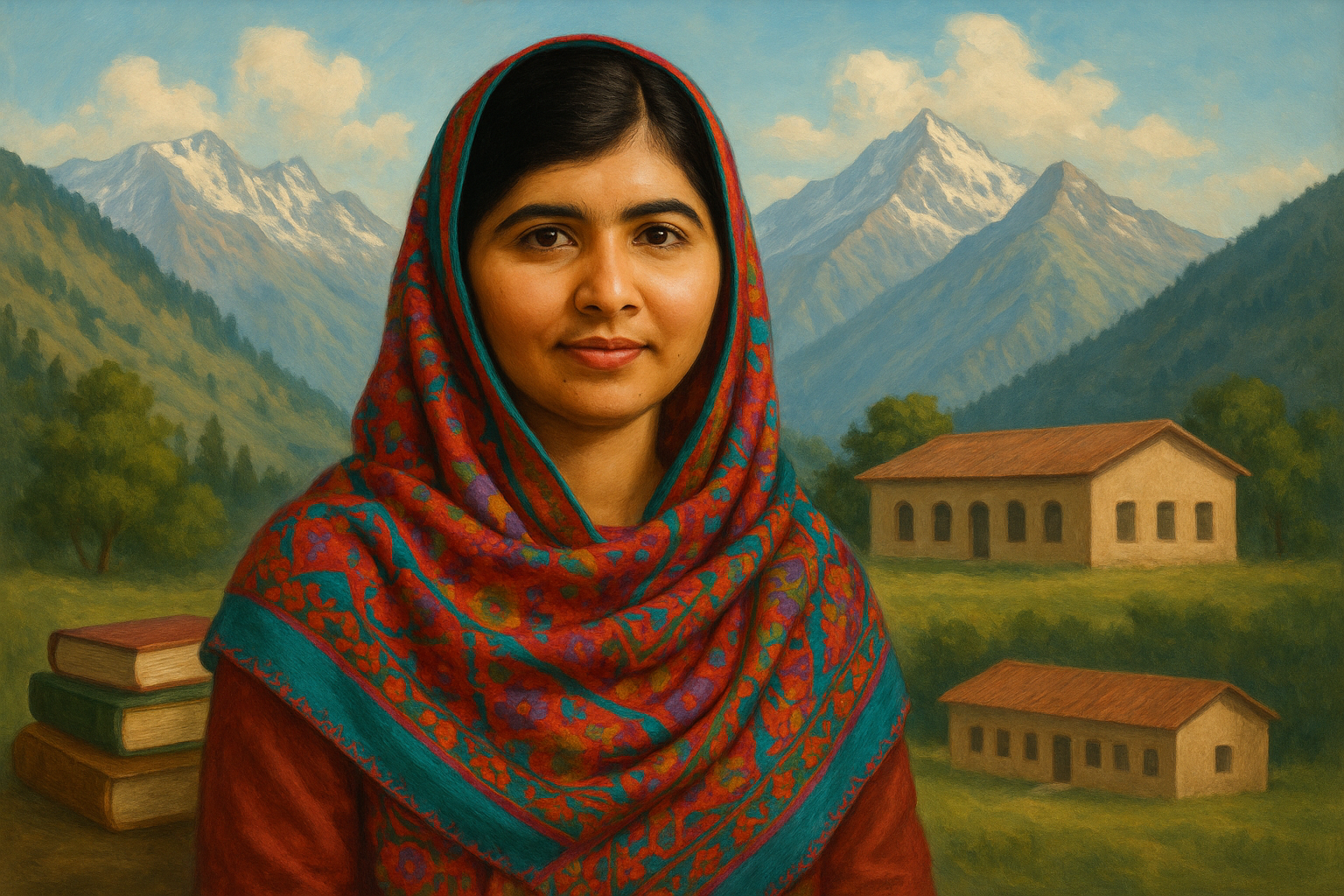
Cultural Significance of Education in South Asia
In South Asia, education is a key to social mobility, yet often limited for girls due to poverty or tradition. Malala’s activism challenged cultural and political norms, sparking a global movement rooted in her local experience.
Malala's story represents both resistance to extremism and a powerful message about the transformative potential of education. Her advocacy stems directly from Pakistani traditions of learning and intellectual pursuit, even as it challenges political extremism. In her work, we see how cultural heritage can become fuel for global change when personal courage meets universal values—especially when that courage comes in the form of a young woman who refused to shut up when told to.

Tech Visionary and Entrepreneur (South Africa/USA)
Early Life in South Africa
Born in Pretoria, South Africa, Elon Musk grew up during the final years of apartheid. His childhood was marked by curiosity, books, and a desire to escape the political and social limitations of his environment. (Also, a general impatience with any system that told him “no,” which he later applied enthusiastically to traffic laws, rocket science, and Twitter.)
At age 12, he taught himself computer programming, creating and selling a video game called Blastar. His parents divorced when he was nine, and Musk spent most of his time with his father—a relationship he later described as difficult and emotionally traumatic. (In interviews, he tends to speak of it as though Darth Vader had raised him, minus the lightsaber but with the same knack for awkward family dinners.) These early challenges fueled his determination to succeed and his desire to move abroad—preferably somewhere with more venture capital and fewer armed checkpoints.
Innovation, SpaceX, and Tesla
After emigrating to North America, Musk co-founded PayPal, then revolutionized transport with Tesla and aerospace with SpaceX. He embodies the entrepreneurial mindset of the West—disruptive, bold, and relentless. (Also, he tweets like a man who’s been dared to see how many shareholders he can frighten before lunch.)
After selling PayPal to eBay for $1.5 billion, Musk made the audacious decision to invest his fortune in electric vehicles and space exploration—industries others considered too risky. (Translation: “Let’s gamble the house on electric cars and Mars. Worst case, we get cooler toys; best case, we escape Earth before it implodes.”) With Tesla, he transformed the automotive industry by making electric vehicles desirable and commercially viable. Through SpaceX, he's dramatically reduced the cost of space launches while pursuing his ultimate goal of making humanity a multi-planetary species—because nothing says “I’m over Earth” quite like planning your move to another planet.
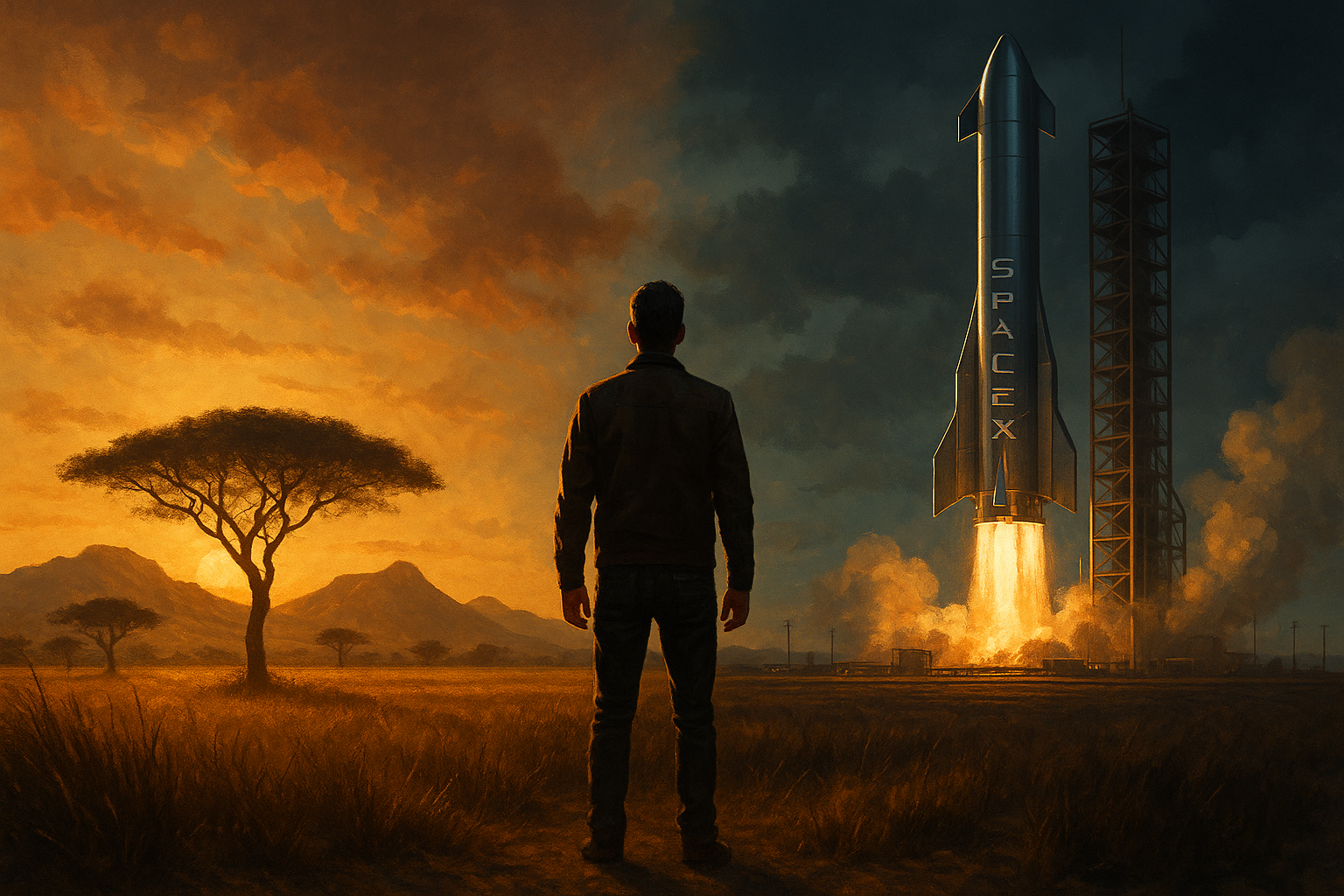
Western Ideals of Risk, Innovation, and Disruption
Musk's story reflects cultural values of the U.S., where taking risks, breaking norms, and pushing boundaries are often rewarded. His background in South Africa gave him resilience; his success in America provided him a global stage.
The Silicon Valley culture that embraced Musk represents a uniquely American blend of technological optimism and capitalist ambition. His willingness to risk failure—and indeed, to experience it multiple times—exemplifies the Western entrepreneurial principle that setbacks are stepping stones. (It’s also the Silicon Valley principle that if you set something on fire, you should call it “disruption” and get a TED Talk out of it.) This mindset treats disruption not as a threat but as progress, allowing Musk to reimagine entire industries rather than merely improving them. (And to occasionally reimagine social media as a live-action experiment in chaos theory.)

Voice of Modern Africa (Nigeria)
Nigerian Roots and Literary Genius
Raised in an academic Nigerian family, Adichie grew up listening to local stories and absorbing African history. Her novels—like Half of a Yellow Sun and Americanah—explore themes of identity, war, and diaspora. (She also explores the radical notion that African literature can be both deeply Nigerian and irresistibly global without inserting a single safari.)
Born in 1977 in Enugu, Nigeria, Adichie grew up in a middle-class academic household where books were treasured possessions. She began writing stories as a child, first imitating the British and American literature available to her before discovering African writers like Chinua Achebe. (This is the literary equivalent of eating only imported biscuits until someone hands you the family recipe for perfect jollof rice.) Her education journey from Nigeria to the United States gave her a dual perspective that enriches her writing with authentic insights into both Nigerian and American experiences.
Feminism and Postcolonial Identity
Adichie's TED Talk, We Should All Be Feminists, became a global sensation. She brings African perspectives to Western feminist and postcolonial debates, challenging narrow worldviews through elegant storytelling. (In other words, she can politely dismantle your argument while making you feel like she just served you tea.)
Her influential essay highlights how gender norms vary across cultures while revealing universal injustices. In her talks and writings, Adichie skillfully navigates the complex intersections of race, gender, and national identity with nuance and clarity. She challenges both Western and African audiences to examine their assumptions about feminism, presenting it not as a foreign concept but as an essential component of human dignity. (Which is the polite way of saying, “If you think feminism is imported, you’ve clearly missed the point.”)
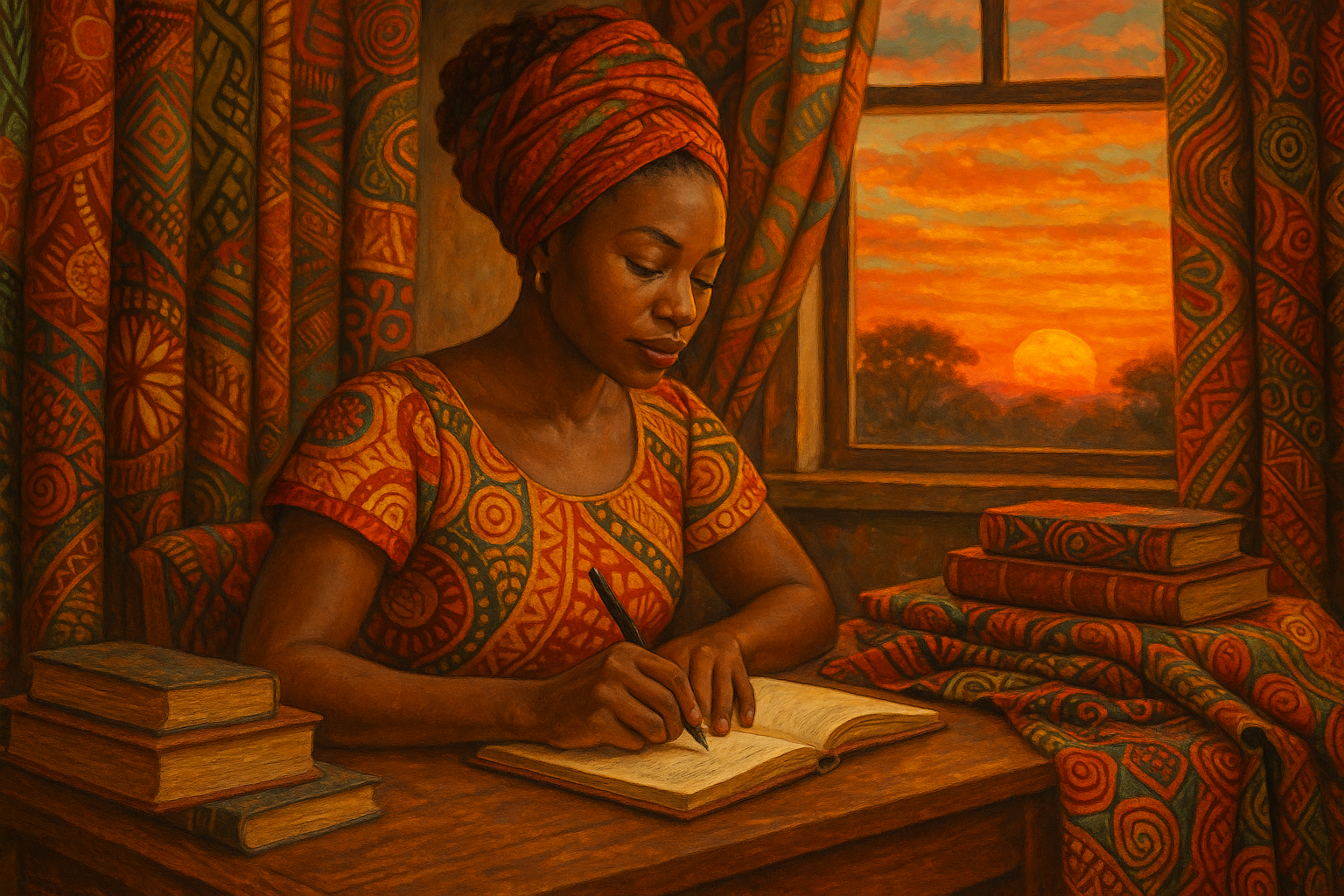
African Storytelling and Oral Tradition
Her writing is infused with the rhythm and depth of African oral tradition, where storytelling isn’t just art—it’s a community lifeline, a moral guide, and a keeper of history. (Think less “once upon a time” and more “gather round, you’re about to learn why your cousin’s goat is still missing.”)
In Adichie's works, we witness how traditional African storytelling—with its emphasis on moral lessons, community significance, and historical continuity—transforms into contemporary literature with global reach. Her narratives preserve the cultural richness of Nigerian life while making these experiences accessible to international audiences. This balance between cultural specificity and universal themes demonstrates how deeply rooted storytelling traditions can evolve without losing their essence—proof that cultural heritage doesn’t fade; it just changes accent.

From National Icon to Global Ambassador (China)
Growing Up in Communist China
Born to professional athletes during China’s one-child policy era, Yao Ming was groomed for success in sports. (In the same way a bonsai tree is “groomed” — carefully shaped, tightly controlled, and occasionally displayed for national prestige.) His upbringing was shaped by a state-driven system that emphasizes discipline, loyalty, and collective pride.
Standing at 7'6" (2.29 meters), Yao's extraordinary height was both genetic and the result of China's sports system. Born to Shanghai basketball players Yao Zhiyuan (6'10") and Fang Fengdi (6'3"), his path was practically predetermined. (If your parents are both basketball legends, “career day” is less about options and more about fitting you for sneakers the size of fishing boats.) From age 9, he trained intensively at state-run sports schools, developing skills and discipline in a system that identified talent early and cultivated it meticulously for national glory.
NBA Career and Cross-Cultural Influence
When Yao joined the NBA in 2002, he became a bridge between East and West. His humility, skill, and global appeal made him a cultural ambassador, earning respect in both Chinese and American spheres. (Which is no small feat, considering these spheres disagree on everything from trade tariffs to who invented noodles.)
As the NBA's first overall draft pick in 2002, Yao faced immense pressure representing both China and basketball on the world stage. His success with the Houston Rockets made him a cultural phenomenon, driving NBA popularity throughout Asia. Despite language barriers and cultural differences, Yao earned respect for his basketball intelligence, work ethic, and self-deprecating humor that disarmed critics and won fans globally. (When a man who could dunk without jumping cracks a joke, people tend to listen.)
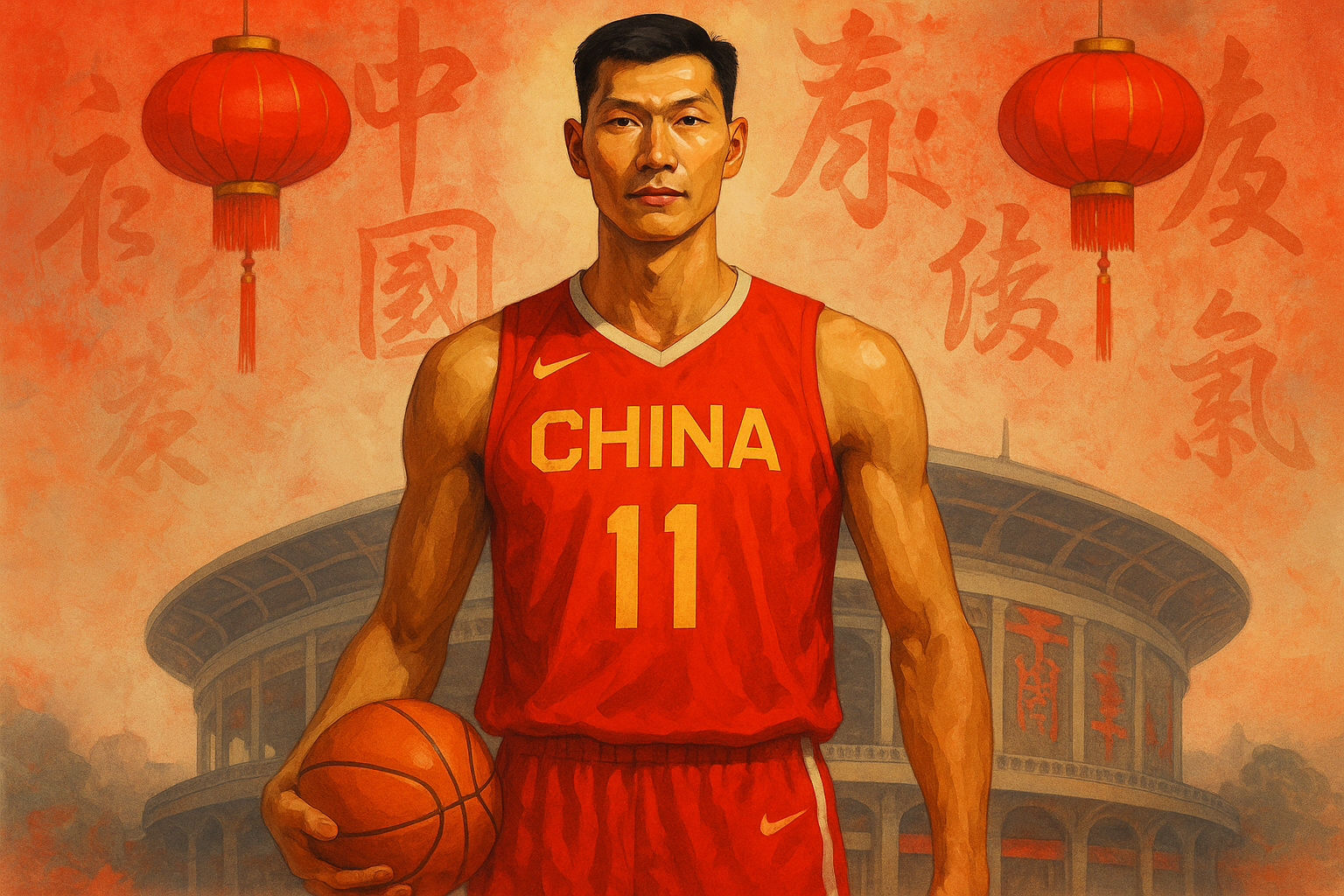
Asian Values of Discipline and Harmony
Yao’s conduct reflected traditional Chinese values: modesty, perseverance, and respect. These traits helped him thrive in a hyper-competitive and very different cultural environment.
Yao's success is rooted in the Confucian values that emphasize hard work, respect for authority, and the importance of harmony. Even as a global superstar, he maintained humility and dedication to collective goals. (Try finding another NBA star whose idea of post-game trash talk is politely complimenting your three-point form.) In the individualistic world of American professional sports, Yao's cultural background provided him with a distinct perspective that earned admiration across continents.

Leadership with Compassion (New Zealand)
Maori and Western Influences
Jacinda Ardern was born in a small New Zealand town with a blend of European and Maori cultural influences. These experiences taught her empathy, inclusivity, and the importance of public service. (They also taught her how to smile warmly while dismantling your policy arguments with surgical precision.)
Growing up in Hamilton with a Mormon upbringing, Ardern witnessed the effects of economic reforms that led to rural poverty. Her father's work as a police officer and mother's school cafeteria job gave her insight into working-class struggles. These formative experiences, combined with New Zealand's bicultural heritage, shaped her political philosophy of compassion, inclusion, and social responsibility.
Progressive Policies and Global Admiration
As Prime Minister, Ardern became a symbol of compassionate leadership—handling crises like the Christchurch mosque shootings and COVID-19 with transparency, empathy, and firmness. (The sort of firmness that says, “We’ll get through this together” — and then proceeds to actually deliver on it.)
Ardern's response to the 2019 Christchurch mosque shootings demonstrated her leadership philosophy in action. Within days, she announced sweeping gun control reforms while wearing a hijab in solidarity with the Muslim community. During the COVID-19 pandemic, her clear communication and swift lockdown measures resulted in one of the world's lowest death rates, earning her global recognition for effective crisis management. (It’s worth noting that while other leaders were “managing expectations,” she was actually managing the crisis.)
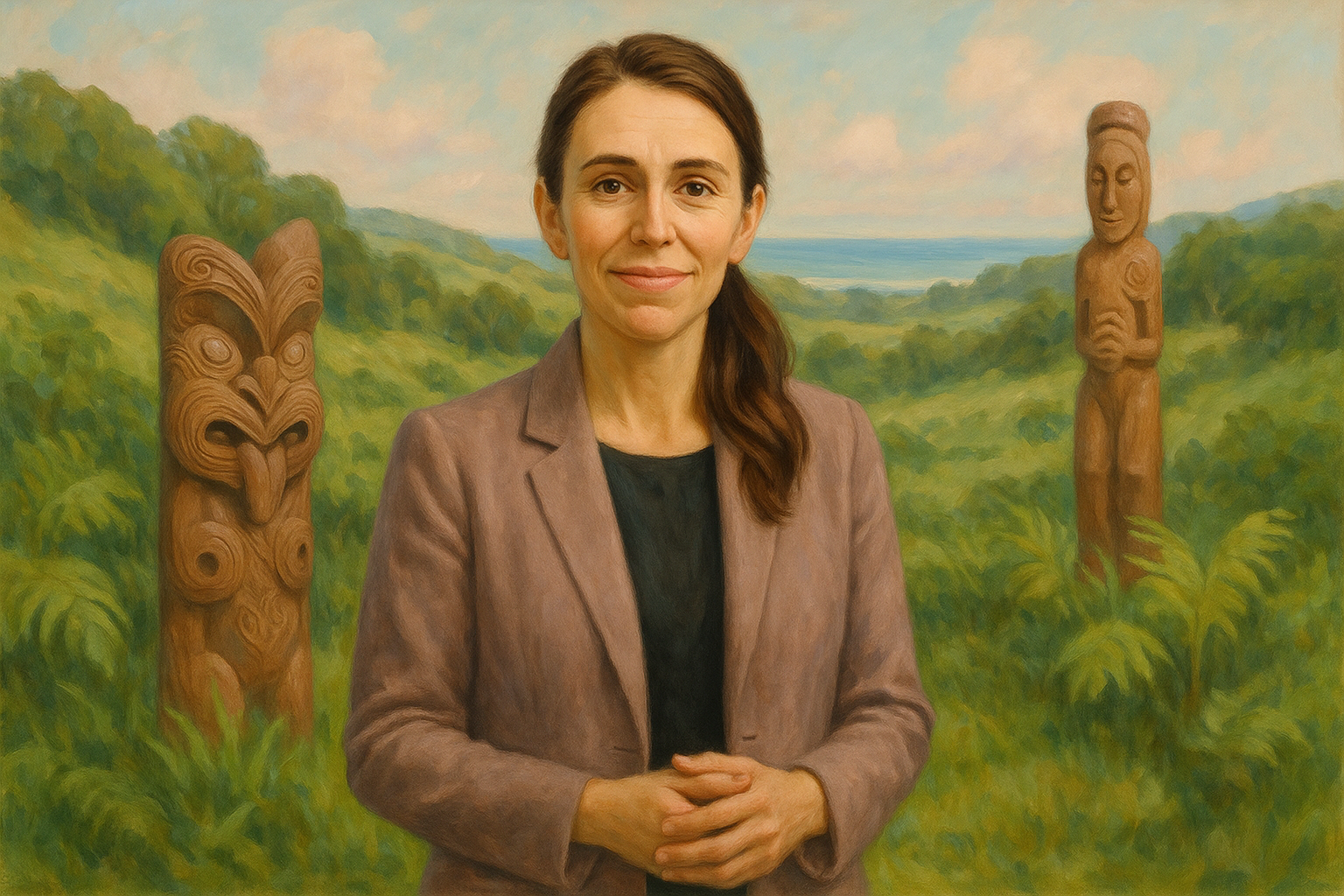
Cultural Emphasis on Inclusivity and Community
New Zealand culture values fairness and togetherness. These cultural roots are evident in Ardern’s approach to politics—where kindness and policy go hand in hand.
New Zealand's cultural heritage, which embraces both Western and indigenous Māori values, shapes a distinct approach to governance. The concept of manaakitanga (hospitality and care for others) and kotahitanga (unity and collective action) deeply influenced Ardern's leadership style. These cultural principles, combined with New Zealand's progressive history as the first country to grant women's suffrage, created a foundation for her inclusive and empathetic approach to both domestic and international challenges. (In short: New Zealand gave her the blueprint, and she used it to build a government that actually reads the instructions.)

What These Lives Teach Us About Cultural Differences and Unity
Embracing Shared Humanity
Despite vast differences in upbringing, geography, and beliefs, these five individuals share a deep drive to improve the world. (Though, to be fair, they each have wildly different ideas about how to do it—ranging from books and speeches to rockets and policy overhauls.) Their paths demonstrate that greatness isn't defined by origin, but by how one uses available resources.
Coming from different cultural contexts, these figures reveal our shared humanity—a universal drive to create positive change. Their stories show that cultural heritage offers both unique perspectives and universal values that cross borders. (It also proves you can export both olive oil and Nobel Peace Prizes with equal success.) By celebrating these differences, we discover the common threads of human aspiration.
The blend of cultural values evident in these five leaders demonstrates how humanity's best qualities transcend geography. Their journeys prove that cultural background serves not as destiny but as a source of distinct strength and perspective. When we appreciate these differences rather than fear them, we find solutions to complex global challenges that no single cultural viewpoint could address alone. (Which is just as well, because leaving climate change to one culture at a time hasn’t been working out.)
Learning from Contrasts
Each of their stories offers unique insights. From Yao Ming’s quiet grace to Musk’s boundless ambition, from Malala’s courage to Adichie’s narrative power and Ardern’s compassionate leadership—culture colors their journey, but doesn’t confine it.
These contrasting approaches—Eastern collectivism versus Western individualism, African oral wisdom versus European written tradition, Southern resilience versus Northern progressivism—demonstrate how cultural backgrounds shape our worldviews. By studying these differences with respect rather than judgment, we gain a more complete understanding of human potential and the many valid paths to positive impact. (And perhaps learn that there’s more than one way to run a country, tell a story, or land a reusable rocket.)

The Role of Culture in Shaping Global Leaders
Education, Family, and Environment
Supportive families, quality education, and access to global platforms helped each individual thrive. Yet the deeper influence of culture—its expectations, values, and traditions—helped shape their missions.
While all five individuals had access to education, their experiences varied dramatically. Malala fought for her right to learn in a repressive environment, while Ardern benefited from New Zealand's robust public education system. (Some attend school with bulletproof courage; others just need a raincoat.) These contrasts highlight how culture influences not just what we learn, but how we value knowledge itself and the purposes we believe it should serve.
Opportunities and Access
Many brilliant people never get the chance to shine. These five used their opportunities wisely, but their stories also underscore the need to widen access so that more voices from different cultures are heard.
While all five individuals highlighted in this text achieved global recognition, they each had varying levels of initial opportunity. Malala had to overcome significant obstacles to education in Pakistan, while Elon Musk benefited from his family's relative privilege in apartheid South Africa. (Spoiler: neither situation is ideal, but one comes with a better internet connection.) These differences remind us that broadening access to education, technology, and platforms for self-expression is essential for cultivating diverse global leadership.
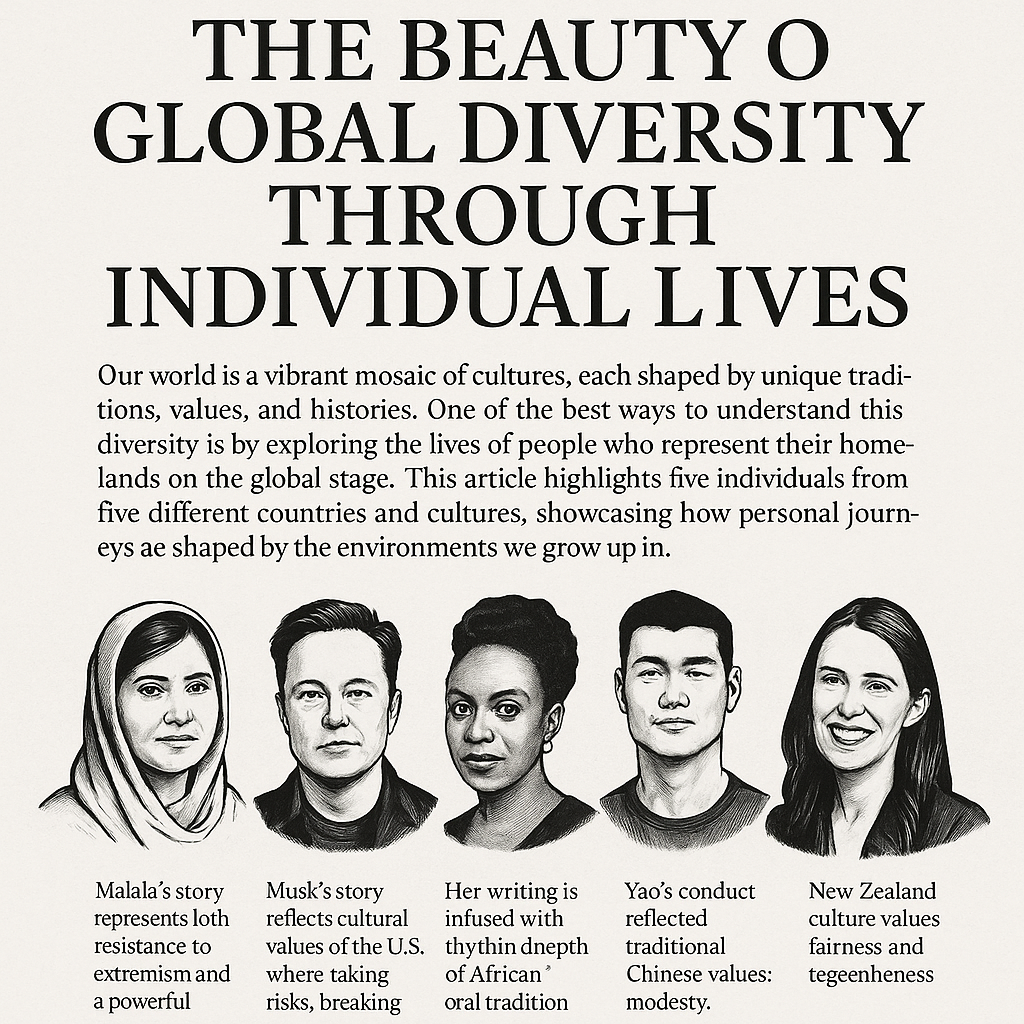
FAQs About Five Different Countries and Cultures
1. Why compare people from different countries and cultures?
To understand how diverse backgrounds shape values, ambitions, and global impact. (Also, to make dinner party debates more interesting.)
2. How does culture affect personal success?
Culture influences behavior, thinking, and motivation—though success also depends on access, support, and personal resilience. (And occasionally, dumb luck.)
3. Are global leaders always shaped by their home cultures?
Yes, but they typically blend local values with global experiences to create unique leadership styles. (Think fusion cuisine, but for decision-making.)
4. What can we learn from cultural diversity?
We develop empathy, adaptability, and appreciation for different approaches to life, problem-solving, and expression. (And we learn that not everyone measures tea the same way.)
5. Can two people from the same country have vastly different cultural experiences?
Absolutely. Socioeconomic status, region, religion, and family dynamics all create distinct individual cultural experiences.
6. How can we celebrate cultural diversity in everyday life?
Through open dialogue, respectful curiosity, inclusive education, and championing diverse voices in media and leadership. (And by occasionally trying someone else’s grandmother’s soup recipe without adding ketchup.)
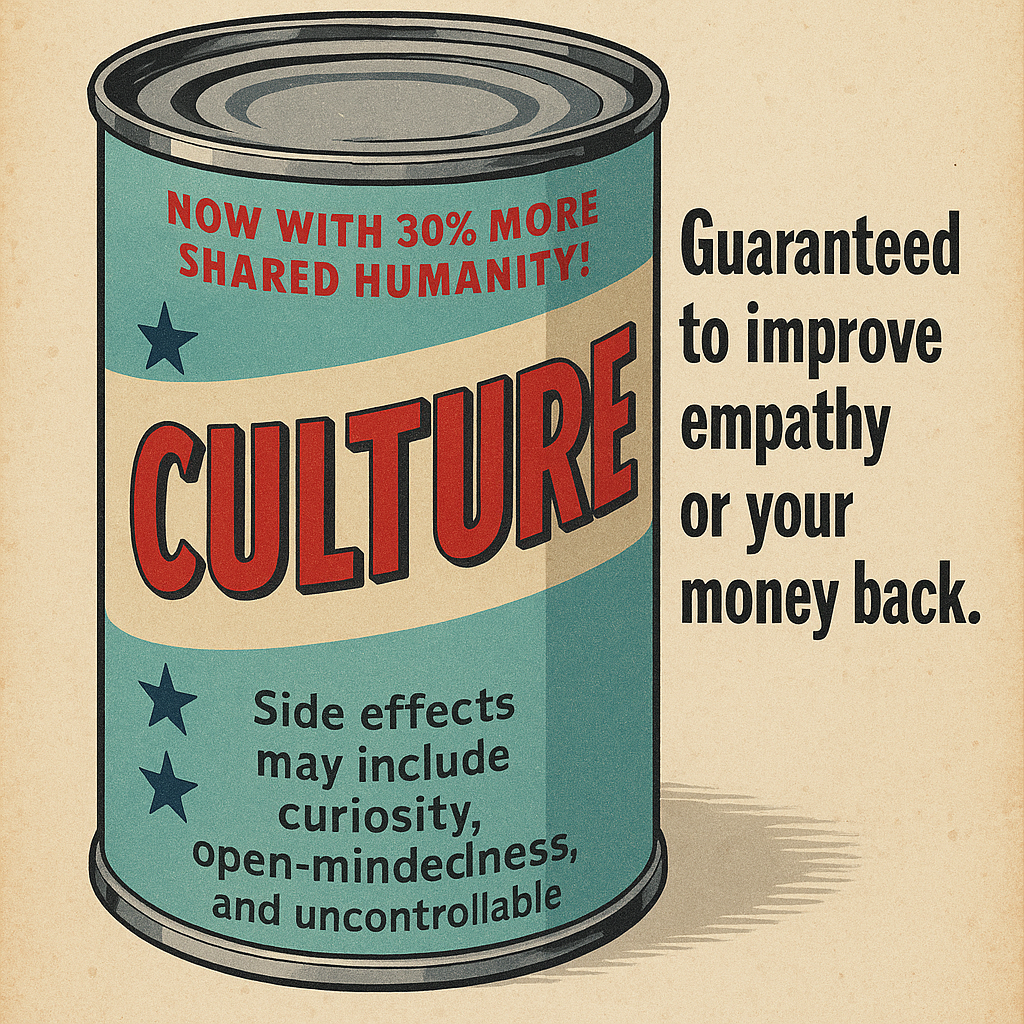
Celebrating a World of Differences
The lives of Malala, Elon, Chimamanda, Yao, and Jacinda remind us that the world is rich with diverse cultures, and within each, extraordinary individuals emerge to inspire us. Their stories show that culture isn't a boundary but a foundation. When we understand and respect different backgrounds, we become not just better global citizens—but better humans.
These global perspectives reveal that our differences don't divide us—they enrich us. By exploring lives from diverse cultural backgrounds, we gain insights that might remain hidden if we stayed within familiar frameworks. As we confront global challenges that transcend borders, this cultural fluency becomes essential for our shared future.
The power of cultural diversity lies in its ability to offer multiple lenses through which we can view our common challenges. When we embrace perspectives from Pakistan to South Africa, Nigeria to China, and New Zealand, we develop a deeper understanding of humanity. These stories demonstrate that while our cultural backgrounds shape us, they need not limit us—instead, they become unique gifts we bring to our interconnected world. (And if we’re clever, we’ll keep exchanging these gifts before someone tries to wall them off.)




